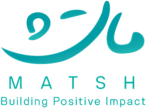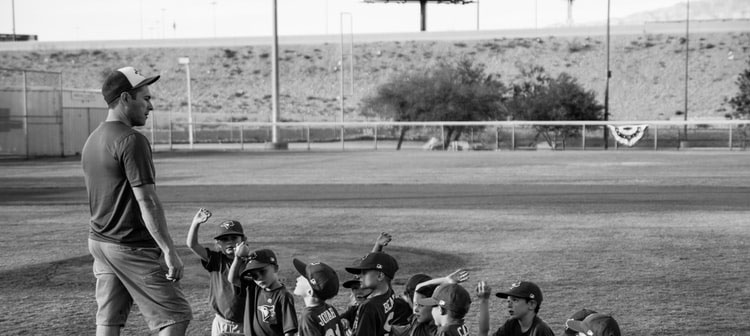Learning takes place throughout life – in different ways, in different contexts. It’s almost impossible to stop people learning, in some form or other, all the time. This is very useful for youth development workers. Learning is a powerful tool that we can use deliberately to improve knowledge and enhance skills. If you can direct learning along appropriate channels, then you will accelerate the process and help young people to develop very rapidly.
The aim of Youth Program Facilitation Skills course is to introduce you to the ideas and practices of learning that are relevant to youth development work. The module focuses on the role of youth development workers as educators, or to put it another way, as ‘learning facilitators’. We prefer this term because it indicates that your role will be to help and guide the very powerful internal learning processes in young people, rather than to control them.
The course explores different theories of learning and their influences. It identifies the different ways in which people learn and the factors that inhibit or facilitate learning. It also considers experiential learning as a method that is appropriate to youth development workers, and examines appropriate strategies for face-to face work with young people and adults.
Course Outcomes
When you successfully complete this program, you should be able to:
- Give an overview of important psychological and philosophical principles relevant to ‘education for all’ and youth development work.
- Describe the characteristics of informal education and apply this knowledge to youth development work.
- Make use of the techniques of informal and experiential learning in youth development work and enable other people to use it.
- Describe your own and other people’s learning style(s) and mode of intelligence.
- Identify factors that help and factors that hinder people’s learning, particularly in informal settings.
- Devise effective strategies for learning with a range of individuals and groups in youth development work.
Course Outlines
What is Learning?
- Thinking about learning
- Experiential learning
- How adults learn best
- Self-directed learning
Education for All
- A positive philosophy of learning
- Developing the whole person
- Lifelong learning
- Guiding principles
Informal Education
- Types of learning and education
- Agents of informal education
- Implications for youth development work
What Helps and What Hinders Learning?
- A good learning environment
- Factors that hinder learning
Learning styles
- What is learning style?
- Learning style models
- Meeting learner needs
- Socio-cultural background and learning
Facilitating Adult Learning
- Communication and participation
- Designing the program
- Selecting learning strategies
- Resources
- Implementation
- Evaluation

